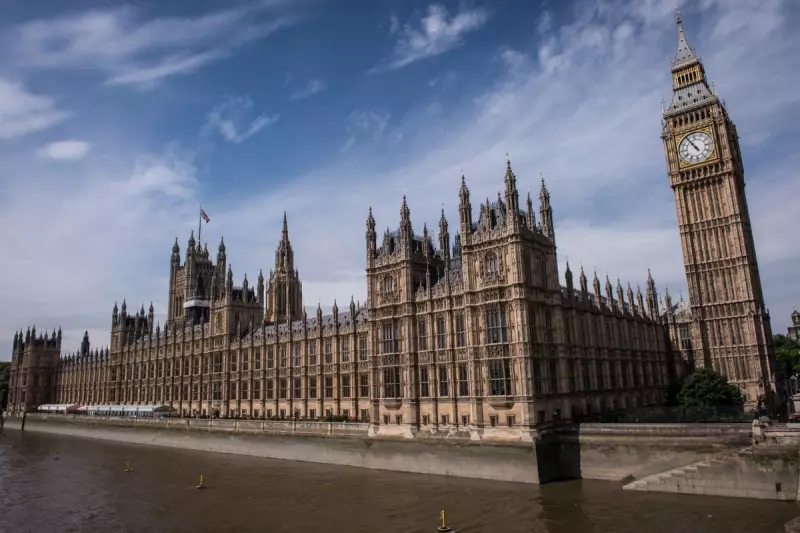
In a shocking development that has rocked the corridors of power, Labour MP Charlotte Nichols has come forward as a confirmed target of the sophisticated Westminster honeytrap operation. The revelation comes as Metropolitan Police investigators have identified a suspect in the case, named as Oliver Steadman.
The elaborate scheme, which security experts are calling a highly targeted spear-phishing operation, used fabricated online personas to approach numerous parliamentarians and political staffers. The perpetrators employed convincing fake profiles to build trust before attempting to solicit compromising photographs and information.
The Modus Operandi
According to sources close to the investigation, the operation followed a sophisticated pattern:
- Creation of convincing fake social media profiles using stolen images
- Initial contact under the guise of professional networking
- Gradual escalation to personal messaging platforms
- Eventual attempts to obtain explicit photographic material
Ms. Nichols confirmed she had been targeted by an account using the name "Charlie," while other politicians reported approaches from profiles named "Abi" or "Charlie." The consistency in methodology suggests a coordinated effort rather than random approaches.
Police Investigation Progress
The Metropolitan Police have confirmed they are investigating allegations of harassment and offences under the Online Safety Act. While officers have spoken to a suspect, no arrests have been made at this stage. The investigation remains ongoing, with digital forensic experts working to trace the origin of the accounts.
A police statement clarified: "We are investigating reports of malicious communications sent to MPs and others. Enquiries are ongoing to establish the full circumstances."
Political Fallout and Security Concerns
The scandal has raised serious questions about cybersecurity in Westminster. Several parliamentary authorities have issued new guidance to MPs and staff about digital security and recognising sophisticated phishing attempts.
Security minister Tom Tugendhat acknowledged the seriousness of the situation, stating that such operations represent a genuine threat to democratic processes and individual privacy.
The incident has particularly alarmed backbench MPs and junior staffers, many of whom lack the sophisticated security protection available to ministers and senior figures.
As the investigation continues, Westminster remains on high alert, with many questioning whether this operation was the work of a lone individual or part of a broader coordinated effort to compromise elected officials.





